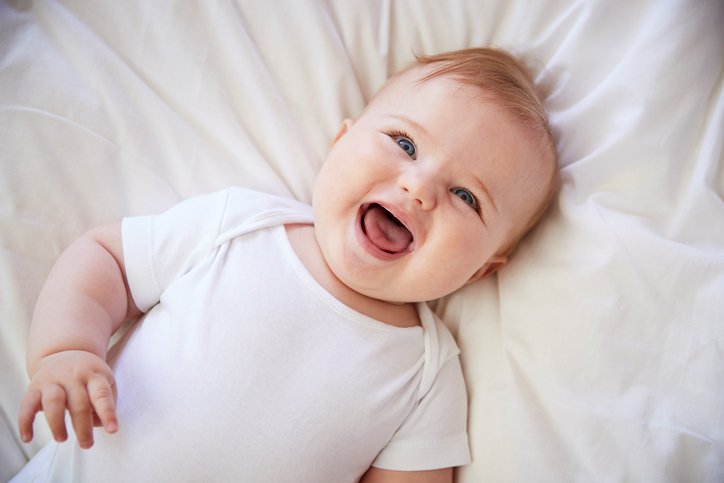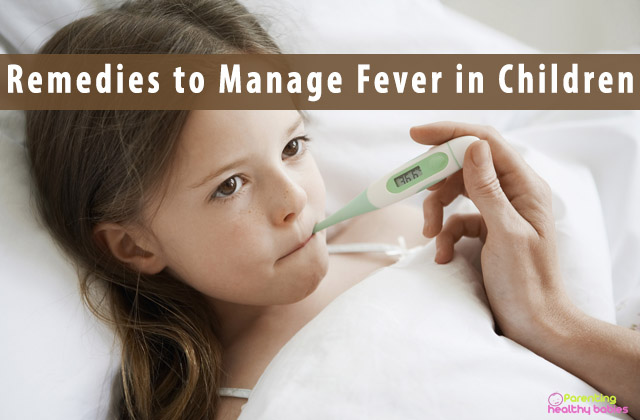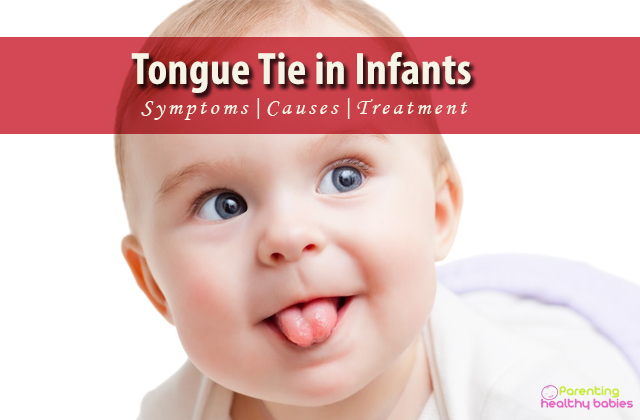Cough is a situation wherein the lining of windpipe becomes irritated which happens when the body is fighting an illness and generates a lot of mucus. It is usually a symptom of respiratory dysfunction. Though coughing is an important reflex to remove extra mucus and facilitate the flow of air prolonged coughing is detrimental to health when mucus can gather in the backside of the throat. This happens in case of small children who tend to swallow mucus, rather than throwing it out.
In This Article:
- Types of Coughs in Babies
- Ways to Reduce the Effects of Cough at Home
- When to Check with the Doctor?
- How the Coughs in Kids Get Diagnosed?
- How is Cough in Infants Treated?
Types of Cough in Babies and Best Home Remedies
Types of Coughs in Babies
These are the following types of coughs, including:
Dry Cough
This kind of cough is caused by an infection in the upper respiratory tract which includes the nose and throat. This cough can also be a sign of any infection in the lower tract such as bronchitis or pneumonia. Dry cough can also result from passive smoke or asthma.
Wet Cough
This type of cough is caused by fluid secretions along with mucus in the lower respiratory tract. This can be caused by infections, cold or asthma. Wet cough is severe than dry one because of the severity of pain it causes along with a high level of mucus in the lungs.
Croup Cough
This cough results in the swollen upper trachea and is caused usually by a viral infection. Barking cough is caused by swelling which can be found in the lower lining of vocal cords. Usually breathing sometimes under this condition involves a high-pitched sound which is called stridor.
Whooping Cough
This is an infection of the airways caused by bacteria named Bordetella Pertussis. This includes spells of back to back cough, followed by a deep breath by the end of the cough which makes a ‘whooping‘ sound. This is severe in infants under 1 year old. Therefore, it is advised to get the Pertussis vaccine in intervals till 4-6 years of age.
Nighttime Cough
Coughs tend to get worse during night hours as mucus from the nose drains down the throat which triggers the cough during sleep and makes it worse. This cough can also be triggered by asthma. As airways become sensitive during sleep, the child produces a snoring sound under this condition.
Daytime Cough
This happens when the cough worsens due to interaction with the cold climate, internal atmosphere or consuming anything, which is toxic to the respiratory health.
Cough accompanied by Fever
A baby with cough, running nose and mild fever may have a common cold. But if the fever crosses 100 F can point towards something severe like pneumonia especially if child has recurrent and fast breathing pattern.
Cough accompanied by Vomiting
Sometimes persistent coughing might trigger the baby’s gag reflex, making them vomit. Excess of mucus drain into the stomach might also make the child vomit and cause mild nausea. Wet cough usually results into vomiting as a small kid is not able to spit out the excess and consumes it instead. If vomiting occurs, it is considered normal. But if it is continuous, one might need to consult a doctor.
Persistent Cough
Cough caused by the common cold or due to viruses can last for weeks accompanied by chronic infections or injuries. If the cough lasts, airways get affected and cannot transfer the fresh air. Persistent cough might last for more than 3 months, but it is important to check with the doctor as early as possible.
Ways to Reduce the Effects of Cough at Home
Following ways might help the child to feel better apart from medications:
- A mist humidifier might help facilitate the child’s sleep.
- Cool outdoor air for 10-15 minutes might also help to relieve cough.
- It is important to keep the child hydrated to help facilitate normal breathing during cough. But citrus items and juices should be kept away as these may sore up the throat.
- Child should be made to sit in steam-filled bathroom for 10-20 minutes.
- You can use saline drops in nasal passengers to clean the nose with a bulb syringe.
- A tablespoon honey given with ginger to babies under the age of 2 works well to relieve pain and is also known as a traditional medicine.
- Warm water helps soothing the throat while replenishing the lost fluids.
- Sleeping position should be adjusted such as keeping the head up straight.
When to Check with the Doctor?
Following are the few parameters to check with the doctor:
- If cough prolongs for more than 2-3 weeks.
- When breathing intervals do not let the kids sleep or talk properly.
- When fever exceeds 100 F.
- Whooping sound occurs while breathing and coughing.
- If recurrent vomit persists along with cough and mild fever.
- When dehydration accompanies cough which has symptoms like dizziness, drowsiness, dry or sticky mouth or peeing less often.
How the Coughs in Kids Get Diagnosed?
- Parents should immediately consult a doctor when the baby is found with this condition. Doctors might want to wait before starting any medication, thereby looking through the symptoms, time-period, and so on.
- Many factors over rule the diagnosis like cough pattern, diet, any historical evidence of respiratory illness, other accompanied illnesses like common cold, fever, etc.
- In extreme cases the doctor might wish to undertake any diagnostic tests like X-ray or normal scan. Hearing the cough gives the fair idea to the doctor about the baby’s condition and draws out the treatment plan.
How is Cough in Infants Treated?
Doctors do not initially prescribe antibiotics as these work against the bacteria and include heavy dosage. Unless, the cough turns into a night cough, many medicines are not needed.
Many medicines help to stop the coughing but do not treat the cause of cough. Thus, OTC ( Over the counter) cough medicine is given to the child. Its correct dosage should be given to the baby as this is heavy and may have side effects if taken in inappropriate amounts.
It is highly evident that cough medicines are not usually given to children under 6 years old. If given, these are usually the syrups and do not have any side-effects.
Babies are very prone to bacterial infections such as cough and common cold. They are not panicking but if repeat over and again, these can be detrimental to health and development of the baby. Thus, precious care and time should be given to the infant along with taking several precautions.
Sources:
- https://www.mustelausa.com/baby-cough
- https://kidshealth.org/en/parents/childs-cough.html













